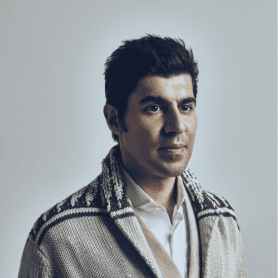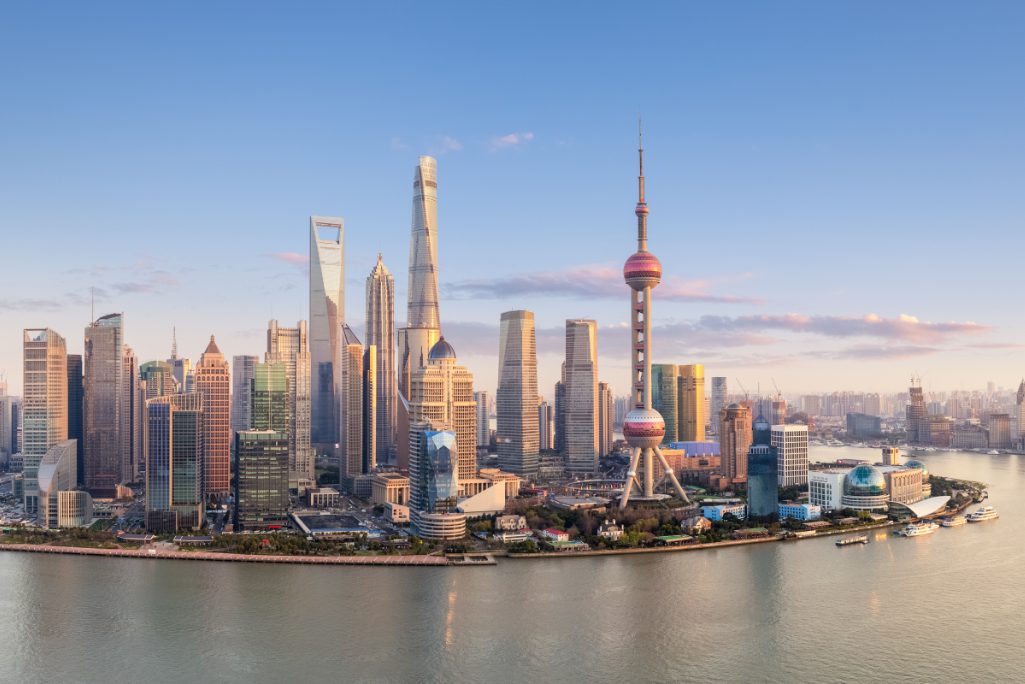Skift Take
A crisis can seem "unprecedented" if you haven't schooled yourself on what has happened elsewhere before. Expect Asia to be the center of the travel sector's recovery as some countries leapfrog others.
History is fueled by surprise developments, while predictable ones drive forecasts. Resolving that tension is hard.
But it’s safe to track one key question to see how the future of travel in Asia Pacific will unfold. The key question for the travel sector is which Asian countries will learn the most and will respond with the greatest agility to this pandemic. That’s the word from Parag Khanna, an author and geopolitical scientist who has written extensively — most recently “The Future is Asian: Commerce, Conflict & Culture in the 21st Century.”
Some Asian countries will prove resilient in the next year and leapfrog other countries out of this crisis. In other words, the coronavirus pandemic is going to spark changes to the Asian pecking order, Khanna said when he spoke at Skift Forum Asia on Thursday in conversation with Skift founder and CEO Rafat Ali.
India and the Philippines could especially learn and thrive from this crisis during the recovery, Khanna predicted cautiously, noting that it remained an open question which countries will learn truly the most from the pandemic.
“It’s not the day-to-day tracking of who’s done the worse but the long-term view of who’s going to learn the most,” Khanna said. “All of us should be attuned to that question, as travelers, even for a short-term visit, or as investors or people looking at long-term relocation: who is going to learn the most and who has taken the body blow and said ‘We can’t let this continue or happen again.'”
Khanna said it’s a false notion that authoritarian countries will do the best coming out of the crisis. Overall, Asian democracies like Japan, South Korea, and Taiwan have handled the pandemic effectively.
“You don’t have to be authoritarian to control a pandemic,” Khanna said. “You have to be transparent and competent.”
Khanna predicted some populations would hold governments accountable for how they have been handling the crisis. He glossed on a range of geopolitical turbulence that might flare up across the Asia Pacific region, given the added ferment.
A case in point: Thailand decreed a state of emergency early Thursday after demonstrations, Reuters reported.
Optimism About the Asian Century
Despite the potential for a short-term uptick in turmoil, Khanna sees a bright future ahead.
You have 60 percent of the world population in Asia, and you have more than 50 percent of global GDP in Asia. So you have every reason to believe we’ll continue to be in the Asian Century, Khanna said.
In an essay published Wednesday, Khanna asked whether China has already peaked. Much depends on whether leadership in the U.S. and China recognizes that the optimal path for the country’s blossoming is to accept a multipolar world. It would make more sense to do that than face the many headwinds against concentrating geopolitical power in one country’s hands.
Beware an Over-Dependence on Chinese Tourism
It can be a double-edged sword to rely heavily on tourism from any one country, as several Asian countries discovered when Chinese tourists stopped traveling internationally this year.
In good news, China is rebounding domestically, enabling it to begin investing in Asia-Pacific even if it can’t yet send travelers across the region. That will soon help mitigate economic troubles in some countries and help recessions end more quickly than expected.

Parag Khanna is founder and managing partner of advisory firm FutureMap and a best-selling author.
Khanna is eager to get traveling again. His family had to cancel a trip this year on Belmond’s Eastern & Oriental Express.
“I’m willing to get on a plane and travel now,” Khanna said. “But just last night, the last trip I was going to do this year for business was scrapped.”
The travel sector will need to accentuate the most robust rationale for business travel if it wants to max out the potential recovery once people feel it’s safe to fly, he said.
“Learning is absent if you don’t have in-person immersion,” Khanna said. “So I do hope we think about the future of business travel not just as transactional but as combining and fusing it with the experiential.”
“What is going to make it worthwhile to go?” Khanna said. “It’s mixing business and pleasure. I’d like to see a lot more of that because when I go somewhere next year, even more than usual, I’m going to want to bring my family along.”
The Daily Newsletter
Our daily coverage of the global travel industry. Written by editors and analysts from across Skift’s brands.
Have a confidential tip for Skift? Get in touch
Tags: sfa2020, skift forum, skift forum asia
Photo credit: The Shanghai skyline as a panorama at sunset, featuring the Pudong Financial Center along the Huangpu Fiver in China. Adobe

